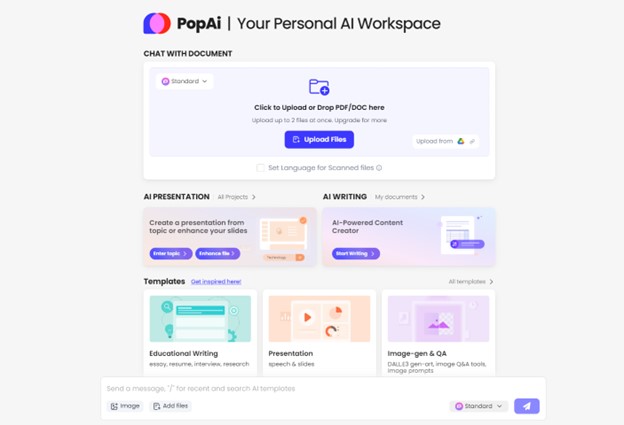
Having a privacy policy is an essential part of running an ethical blog that builds trust with readers. As a blogger, you have a responsibility to be transparent about how you collect, use, and protect any personal data provided by visitors.
An accurate, comprehensive privacy policy demonstrates respect for your audience while also fulfilling important legal obligations. Fortunately, creating a quality privacy policy suitable for most blogs is relatively straightforward when you understand why it matters and follow best practices.
This guide covers the key reasons your blog needs a privacy policy, steps to write an effective one, and tips to keep it updated.
While viewed by some bloggers as an inconvenience or afterthought, having a privacy policy brings considerable benefits. Here are three core reasons your blog should invest time into this document:
Privacy laws like the EU’s General Data Protection Regulation (GDPR) and the California Consumer Privacy Act (CCPA) require sites that gather any personal user data to provide a privacy policy.
Failing to comply can lead to heavy fines or even result in your blog being blocked for visitors in certain regions. Staying on the right side of privacy regulations through an accurate policy is essential.
If your blog uses third-party tools like analytics packages, social media widgets, advertising networks, or comment systems, you likely collect some information on readers. As data flows through these services, you become responsible for handling it properly.
A privacy policy explicitly states what data may be gathered through third-parties and how it is processed. This transparency is key for building user trust.
Surveys show that a strong majority of internet users view privacy policies as important, expecting to find them on websites.
Readers appreciate knowing exactly what of their information your blog accesses and how it is leveraged to enhance their experience. A well-written policy caters to these expectations, facilitating an open, trusting relationship between a blog and its audience.
Writing an effective privacy policy need not be a monumental task, though it does require diligence. Follow these steps:
House your privacy policy on its own dedicated page, separate from other content like “Terms of Service.” This allows the policy to shine on its own for easy discovery. Use a descriptive page title along with clear navigation links.
Visibility aids transparency. Place shortcuts or links to your privacy policy page prominently on both desktop and mobile versions of your blog. Common spots include website footers, “About” pages, and site menus/navigation bars. Also mention the policy or link to it whenever you introduce a new tool or service involving data collection.
Revisit your privacy policy at least once per year, more frequently if you add or change services involving user data flows. Privacy landscape shifts like new regulations can also dictate reviews. Updated policies date-stamped with latest revision show readers an active commitment to managing their information responsibly.
Specialty AI software can help auto generate privacy policy drafts by scanning your site for common trackers. The output acts as an excellent starting framework tailored to your blog which you can then customize with details on specific data usage practices, user rights, protection protocols, and more to craft a robust policy.
PopAi pro is an innovative tool that can generate personalized privacy policy content for blogs and websites using artificial intelligence. It customizes privacy policies by analyzing site technology and data practices.

Rather than a generic policy, the AI writer creates original policies tailored to how each specific site operates. This ensures policies follow the latest regulations while transparently communicating data management details to build user trust.
Privacy forms the bedrock between any successful blog and its readership. A transparent, reader-focused privacy policy delivers vital legal compliance while building user trust that encourages return visits and loyalty. Thankfully creating a suitable policy no longer requires slogging through dense legal documents.
This guide outlined concise steps for drafting a tailored policy using your blog’s actual data practices. Investing a bit of care into your privacy policy ultimately pays dividends through strengthening positive reader relationships.
With the right mindset and techniques, developing an effective privacy document that melds legal obligations with reader care need not be complicated. Your blog’s audience and integrity are worth this small extra effort.